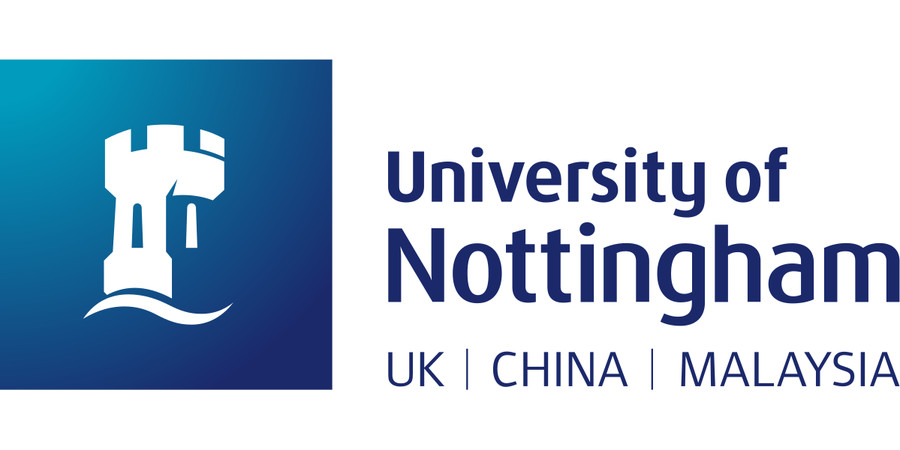Research Fellow (FTC)
University of Nottingham - Life Sciences
| Location: | Nottingham |
|---|---|
| Salary: | £35,116 per annum pro-rata depending on skills and experience. Salary progression beyond this scale is subject to performance. |
| Hours: | Full Time |
| Contract Type: | Fixed-Term/Contract |
| Placed On: | 10th September 2025 |
|---|---|
| Closes: | 23rd September 2025 |
| Job Ref: | MED228725 |
Location: University Park
Applications are invited for a post-doctoral research assistant position to work on a Wellcome Trust-funded project with the aim to assess subcellular GPCR–arrestin complex formation.
In this Wellcome Trust-funded project, we will characterise the regulatory pathways of a panel of different G protein-coupled receptors (GPCRs) to explore how arrestins contribute to subcellular GPCR signalling mechanics. Building on our previous work (Haider et al., Nature Comms., 2022; Drube et al., Nature Comms., 2022; Matthees et al., Nature Comms., 2025), we aim to unravel the subcellular trafficking routes of active GPCRs and their molecular determinants, such as involvement of different kinases and arrestins, to ultimately understand how different GPCRs can elicit diverging physiological responses while utilising a common primary signalling machinery (i.e. G proteins). The successful candidate will evaluate a panel of up to 12 different GPCRs using high-throughput, plate reader-based BRET and FRET assays, to determine subcellular receptor localisation, arrestin co-trafficking, arrestin conformational changes and localised effector recruitment (or, signalosome assembly). Furthermore, we will complement this dataset via three-colour confocal, as well as total internal reflection fluorescence (TIRF) microscopy and fluorescence correlation spectroscopy (FCS) to specifically monitor GPCR–arrestin interaction dynamics at the plasma membrane.
Applicants must be highly motivated and self-driven, with a PhD in molecular biology, cellular or molecular pharmacology or a related area of biological sciences. The successful candidate should have extensive experience in mammalian cell tissue culture, high-throughput BRET / FRET assays, the analysis and visualisation of concentration-dependent and kinetic data, as well as advanced fluorescence microscopy. A track record of published research and/or experience in an associated industry setting is also desirable.
This full-time post (36.25 hours) is available from 1st of September 2025 and will be offered on a fixed-term contract until 28th of February 2027.
For informal inquiries, please contact Raphael Silvanus Haider: raphael.haider1@nottingham.ac.uk
Further details:
Our university is a supportive, inclusive, caring and positive community. We welcome those of different cultures, ethnicities and beliefs – indeed this very diversity is vital to our success, it is fundamental to our values and enriches life on campus. Visit our Equality, Diversity and Inclusion website.
We are proud to be a Disability Confident Employer (Level 2) employer. Increasing the diversity of our community is extremely important to us and we are committed to the aims of Disability Confident Scheme.
We are the first university to have achieved Athena Swan Gold Award.
To help you succeed, we published Candidate Guidance to provide support on the application and interview process.
Discover our benefits, visit Your Benefits website.
We welcome applications from UK, Europe and worldwide and aim to make your move to the UK as smooth as possible. Visit the Moving to Nottingham page for details.
Your application will be considered on an equal basis, subject to the relevant permission to work in the UK as set out by UK Visas & Immigration.
Advert information
Type / Role:
Subject Area(s):
Location(s):









